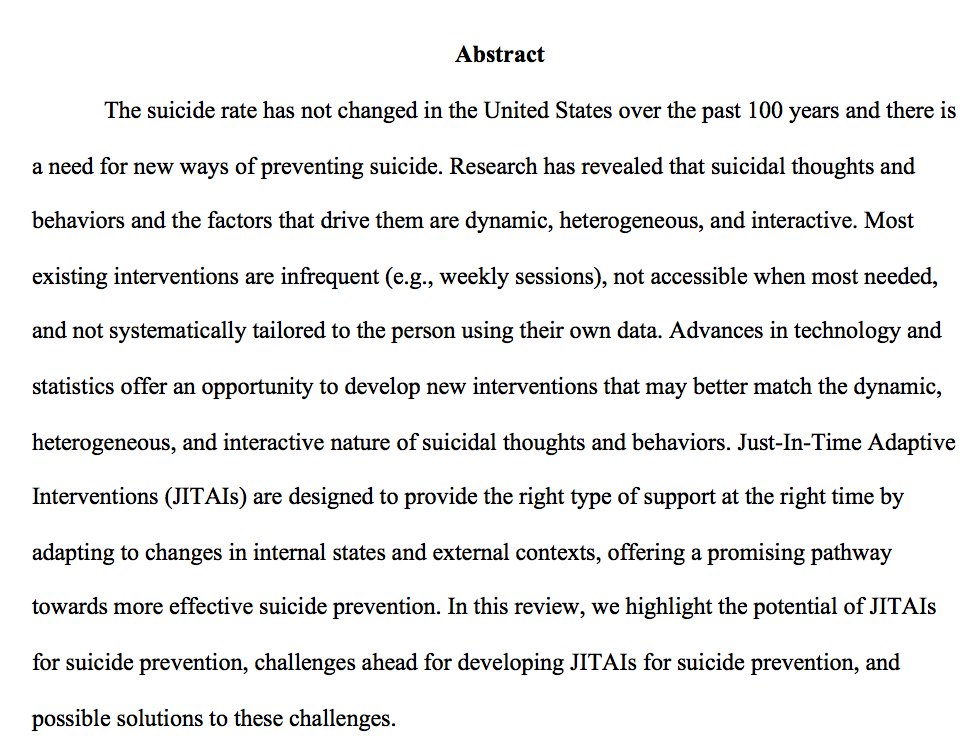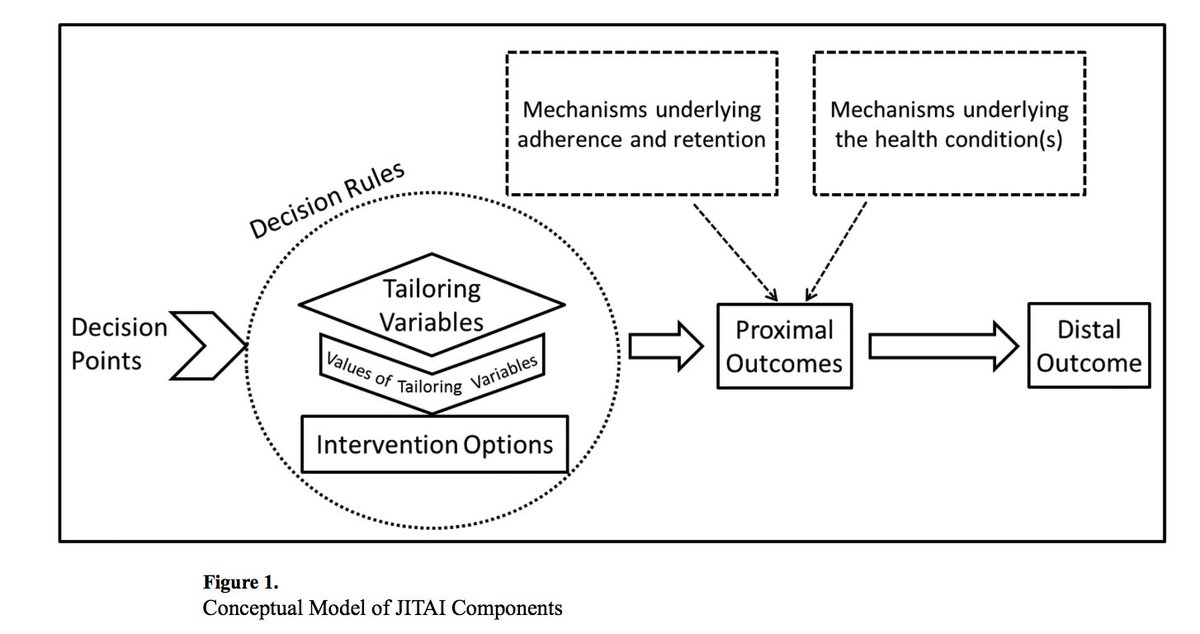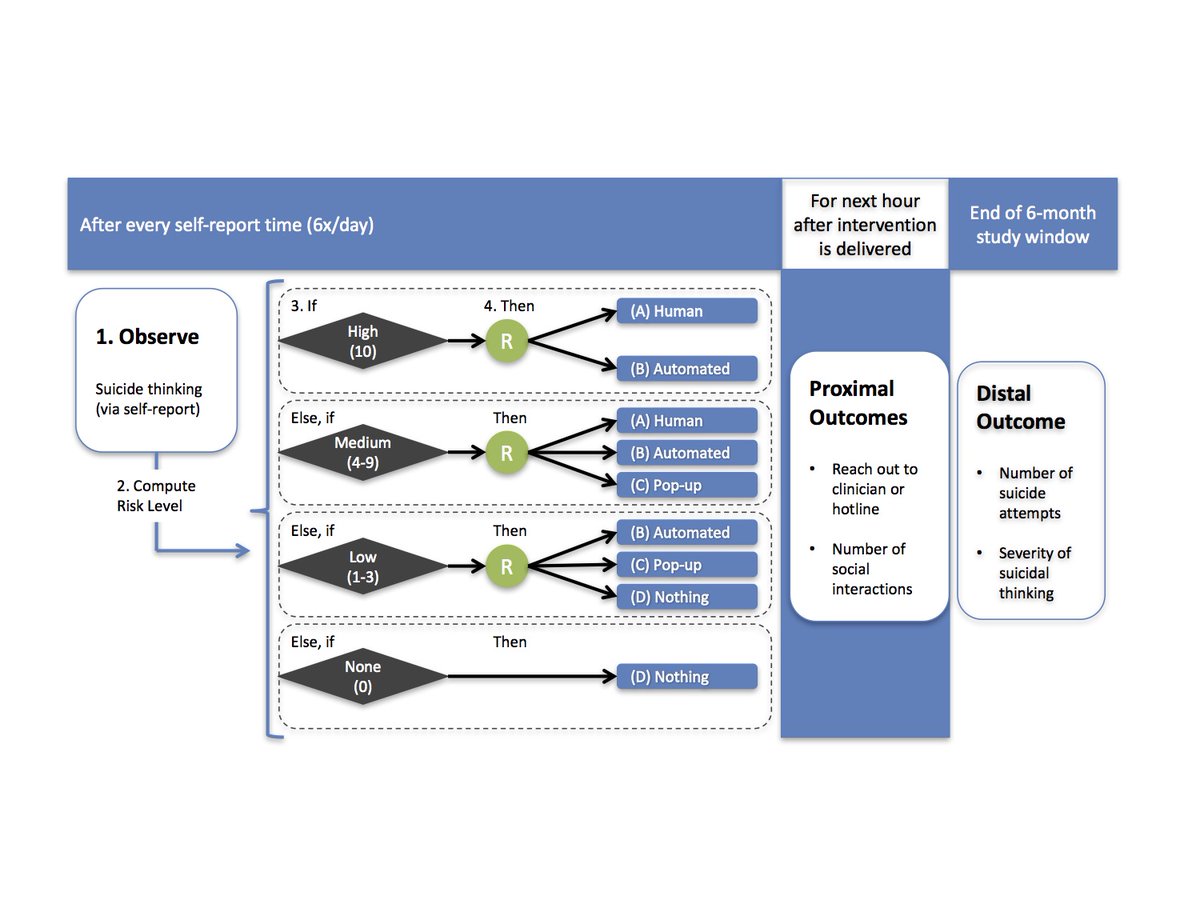CodyyyGardner Categories Society
Excellent question!
"Risk/reward ratio" is a term used in investing, but it's rarely quantified like one would quantify a debt/assets ratio. Risk/reward ratio is usually used more intuitively.
@FrankPeelen I\u2019m curious what you think is a good risk/reward ratio and how do you generally calculate that to help inform your decision to buy options? Appreciate your insights!
— Dianne Francisco (@dfrancisco910) December 30, 2020
2/14
Usually people will use all their knowledge to make guesstimates about an investment like:
- 20% chance to go bust
- 20% chance to break-even
- 40% chance to double
- 10% chance to 4x
- 10% chance to 10x
And then state "for me, this is good from a risk/reward standpoint".
3/14
That last statement will be different for each individual though. For some people the investment laid out above may be great from a risk/reward standpoint, because of the high expected ROI. For others, it may be terrible because of the 20% chance to go bust.
4/14
Investing is much more complex than just making money and maximizing returns, and investment strategies should differ from individual to individual. If this is news to you, I strongly suggest you read through the first section of this blog
5/14
The final section of the same blog post goes into depth on $TSLA call options, and how I go about evaluating them. There is even a subsection called "The Risk Reward of Call Options" that should answer a lot of your questions.
Thread 1/5
RE: Staffing/Fair wages:
I've talked about how this system reflects the trifecta of racism/sexism/ageism: https://t.co/hcjb0fB5xr
*We have a majority older, female resident population cared for my a majority racialized, female workforce.
20 years ago (pre-Harris privatization), nursing homes were staffed primarily by NURSES (hence the name, NURSING HOMES).
Privatization kicks in....and these FP owners need to cut costs to increase their profits. How? STAFFING, TO START.
What unfolded over the last 20 years as Privatization increased was the reversal of the staffing mix from majority nurses to majority PSWs (who are an unregulated workforce comprised primarily of racialized women who are often new to Canada).
This strategy is NOT NEW (its how the 2nd phase of predatory capitalism took hold) by expanding quite literally on the backs of women, often from the Global South whose labour is assumed to be both cheap and disposable (I studied this in my PhD).
And indeed, @Revera_Inc in their recent report defending their COVID performance expressed these same calls for an increased use of a gendered & racialized workforce....seeking to have @fordnation adjust immigration policies as a result
4/8.
— Dr. Vivian Stamatopoulos (@DrVivianS) December 12, 2020
Most troubling is this tidbit from the "Perfect Storm" report where you all recommend the use of gendered & racialized immigrant workforces instead of providing domestic workers fair wages and livable working conditions.https://t.co/yRqCvMWwHb pic.twitter.com/ZCDPRkTEoz

First we highlight three hindrances to treatment efficacy for suicidal thoughts and behaviors:
-Frequency
-Accessibility
-Content
Most existing interventions are infrequent, not accessible when most needed, and not systematically tailored to the person using their own data.
Just-In-Time Adaptive Interventions (JITAIs) are a potential solution to these hindrances to treatment efficacy. JITAIs are designed to provide the right type of support at the right time by adapting to changes in internal states and external contexts
Components of JITAIs include:
-Decision points
-Intervention options
-Tailoring variables
-Decision rules
-Proximal outcomes
-Distal outcomes
Image from (https://t.co/7OGzELv8HL)

We provide an example of a JITAI and Micro-randomized Trial (https://t.co/dbQIWHO0dU) for suicide prevention. This intervention would specifically be targeting social support based on our previous work (https://t.co/e53j9VVE1u).

I don't know how you look at what's happening in DC and not immediately understand white male rage as a national threat https://t.co/HKrUPhexn3
— Jessica Valenti (@JessicaValenti) January 6, 2021
And when I say "we" I mean white Christian patriarchal American culture. The same kind of martial "manhood" culture that Kristen Kobes du Mez talks about in Jesus and John Wayne.
In that book she's talking about the specifically evangelical version of the culture, but one of the things that's happened there, is that mainstream patriarchal culture is often pretty much identical to evangelical patriarchal culture with the serial numbers (slightly) filed off
But that book helped clarify what the leaders of that movement thought they were doing, and they thought they were raising warriors, men who would fight for God and Country (& the honor of pure womanhood) in the coming war.
WHAT coming war? Never mind. THE war. You know.
THE war is against communism, or against terrorists, or against Muslims, or against Foreign Devils of Unspecified Origin.
It's against Urban Violence and Liberal Traitors and Lizard People, the apocalyptic fighting in the street which is surely coming.
Obstructionists? The people obstructing this are your judicial system representatives, your political parties, the media & anyone who refuses to even look at it! How do you like how you will never know the truth about ANY election. They will just push forward & votes don\u2019t count
— Valiant_defender Kraken\u2b50\ufe0f\u2b50\ufe0f\u2b50\ufe0f #TRUMPWON2020 (@vabelle2010) January 3, 2021
Did you choose tech because it pays well, or because you have a genuine interest?
— Warren Day (@warrenjday) January 2, 2021
Look, if you're not working through IT ticket queues or answering pages or shipping apps for free without any health insurance or monetary support, then you're a huge poser and lack real *passion* for tech
You know who works out of passion and not for money? Teachers.
Also, being *passionate* about something doesn't mean you're good at it! And you can be excellent at something while having other interests and motivations.
Because that's really what this is all about. When a tech person asks about passion, they think the amount of passion equals the amount of competence. And *their* passion makes them more competent than other people.
Except that's not true.





















